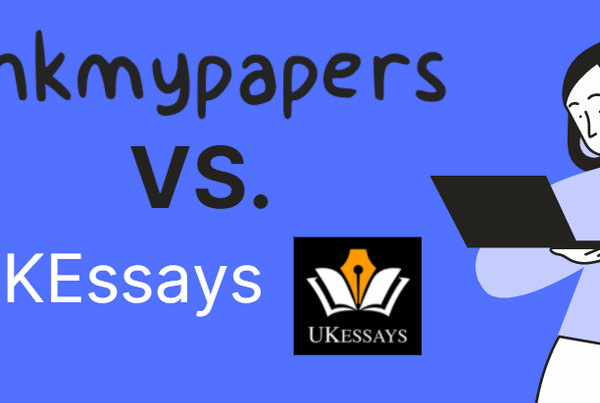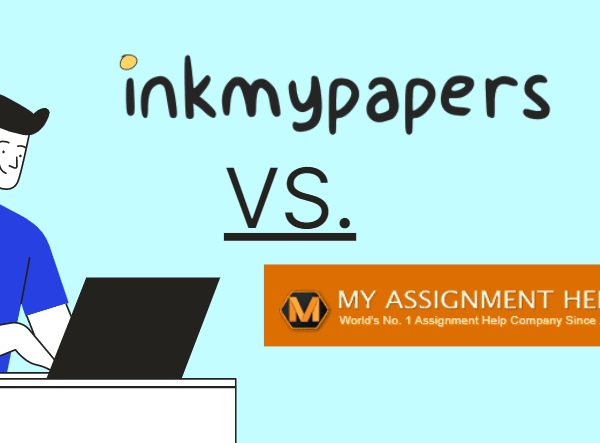
The Applicant Series showcases works done by hopeful writers who have applied with inkmypapers over the years. The results and comments will be provided first, followed by the actual essay/report written by the applicant
Applicant’s Results: Failed
Title: Write a PESTEL analysis of Sheng Siong in Singapore
Comments: The applicant failed terribly for the test and there are several reasons for it.
- First and foremost, the applicant failed to understand the context of doing a PESTEL analysis of Singapore for Sheng Siong supermarket. PESTEL is about identifying macro trends. What the applicant did is to identify pointers that are not trends. For instance, writing about how Singapore ranks at the 38th position in GDP is not helpful for Sheng Siong. Unless this is a PESTEL analysis of a foreign country that Sheng Siong is trying to expand into, then information about the country’s GDP will be helpful for the company. Otherwise, you should always identify trends that will affect Sheng Siong’s business.
- Some of the citations used are not from credible sites. For instance, sources like “Languages of Singapore” and “Pestle analysis of Singapore” are considered not credible and therefore, should be avoided.
- Lastly, the point about increasing sea level and shortage of freshwater is totally irrelevant to Sheng Siong. This is a mistake we see many students making. For PESTEL analysis, not only must you understand what country you are analysing, you must also remember for which company are you analysing for. In this case, rising sea levels while considered a Macro trend for Singapore, has no relations to Sheng Siong at all.
PESTEL Analysis of Singapore PESTEL analysis will provide an overview of the macro-environment in which Sheng Siong Supermarket Singapore is operating in, including the Political, Economic, Sociological, Technological, Environmental and Legal factors (Peterdy, 2022). According to the Ease of Doing Business Report 2020, Singapore was ranked at the 2nd position, which shows that the environment in Singapore is quite favourable for businesses (Chin, 2021).
The political environment in Singapore is also quite stable and there is little government intervention in matters relating to the business. According to the Corruption Perceptions Index 2021, it is also one of the least corrupt countries (2021 corruption perceptions index – explore Singapore’s results 2022).
On the economic front, Singapore is seen as a free-market economy and ranks at the 38th position in terms of GDP (Projected GDP ranking 2021). The corporate tax rate is low and as of May 2022, the unemployment rate is at 2.2% (See, 2022). Since almost 98% of the residents are employed, the country is facing a labour shortage and consequently rising labour costs. A huge chunk of the economy is based on international trade; hence the regulations enable efficient trade practices with low tariffs (Political and legal environment).
Singapore is a multi-cultural society with traditional family values (Shaw, 2021). Due to this, there are five official languages of Singapore: English, Singaporean Mandarin, Mandarin Chinese, Malay and Tamil (Languages of Singapore 2022). The literacy rate in the country is high, so it is difficult to find labour for blue collar jobs.
In terms of technology, Singapore has world-class IT infrastructure, which has helped the growth of e-commerce businesses. Moreover, the internet penetration in households is over 70%, making it easier for businesses to reach the consumers. The legislations in Singapore are transparent and promote a conducive environment for businesses to operate in.
However, on the environmental front, Singapore faces continuous threats due to increasing sea level, shortage of freshwater and air and water pollution. The pollution is being taken care of by specialized government bodies, while the country needs to recycle water or import it from Malaysia to fulfil the needs of the residents (Pestle analysis of Singapore 2015).
0 Comments
Leave a reply
You must be logged in to post a comment.


